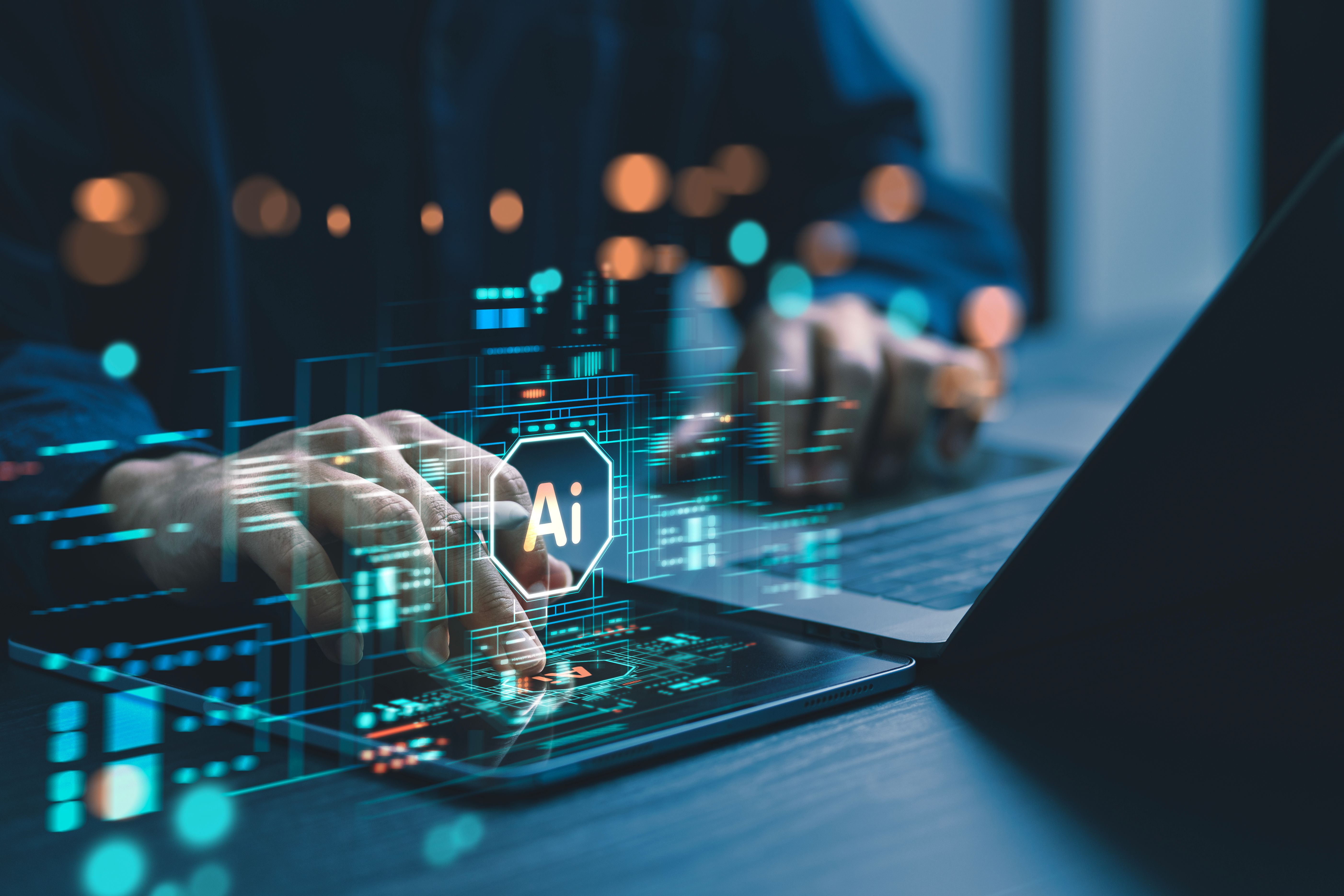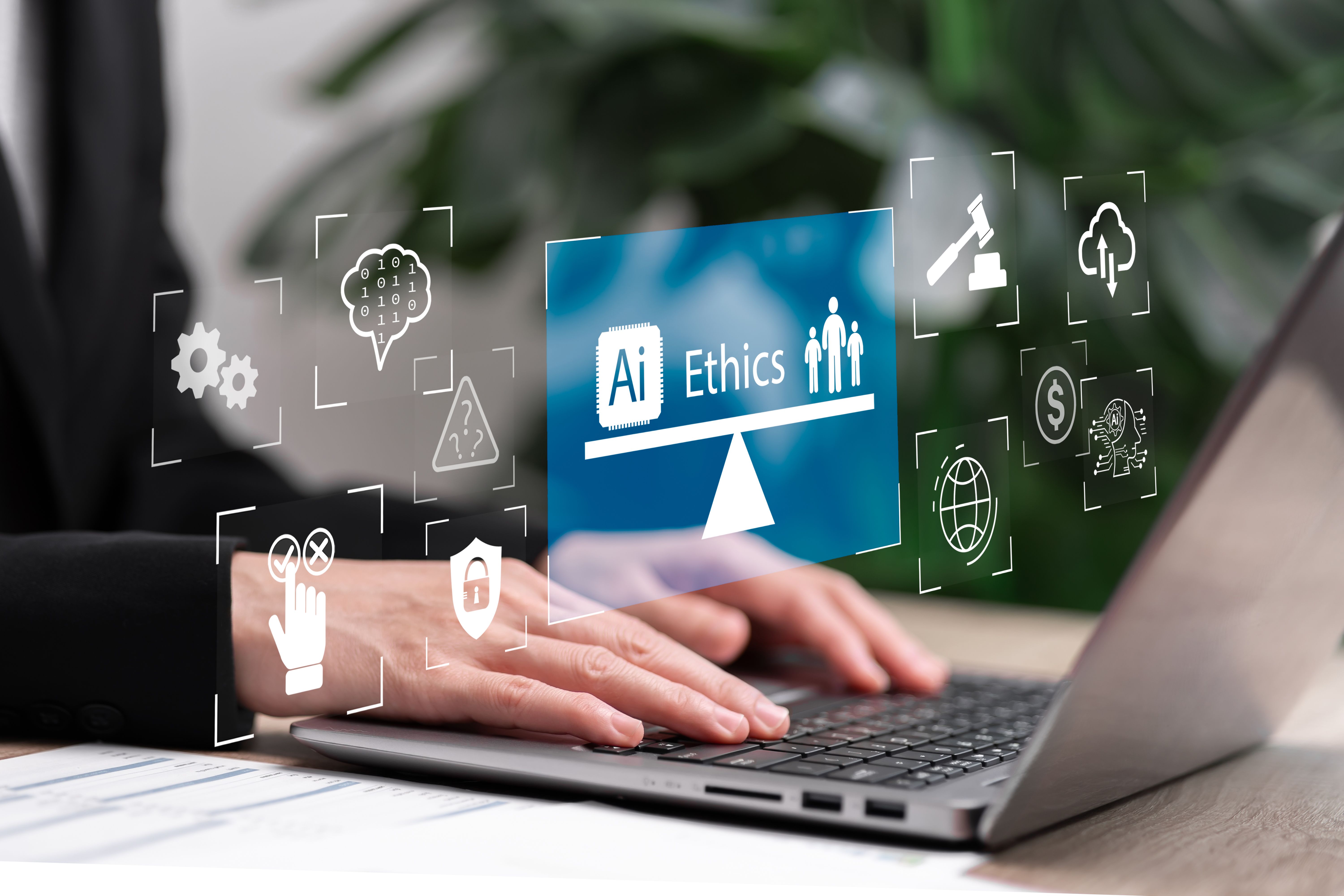AI Automation: Transforming the Workforce and Driving CyberAI Innovations
Understanding AI Automation in the Workforce
Artificial Intelligence (AI) automation is reshaping the landscape of the modern workforce. As businesses strive to enhance efficiency and productivity, AI-driven solutions are becoming increasingly integrated into daily operations. This transformation is not just a trend but a fundamental shift in how organizations operate. By automating repetitive tasks, companies can allocate human resources to more strategic roles, fostering innovation and growth.
AI automation's impact extends across various industries, from manufacturing and logistics to healthcare and finance. In manufacturing, for instance, AI-powered robots handle assembly line tasks with precision and speed, reducing errors and costs. In the financial sector, AI algorithms analyze vast datasets to provide insights that guide investment decisions.

The Role of AI in Driving CyberAI Innovations
As AI continues to evolve, its role in cybersecurity is becoming more prominent. CyberAI innovations are crucial in defending against increasingly sophisticated cyber threats. With AI's ability to learn and adapt, it can swiftly identify anomalies and potential security breaches, offering a proactive approach to cybersecurity.
AI-powered security systems use machine learning algorithms to detect patterns and predict potential attacks. This predictive capability allows organizations to stay ahead of cybercriminals, safeguarding sensitive data and maintaining trust with clients and customers.

Benefits of Integrating AI in Cybersecurity
Integrating AI into cybersecurity strategies offers several benefits:
- Real-time threat detection: AI systems can monitor network traffic continuously, identifying threats as they occur.
- Reduced response time: Automated systems can respond to threats faster than human teams, minimizing damage.
- Cost efficiency: With fewer resources needed for manual monitoring, organizations can allocate funds to other critical areas.
Addressing Challenges in AI Automation
Despite its advantages, AI automation comes with challenges that must be addressed. One significant concern is the potential displacement of workers. As machines take over routine tasks, there's a growing need for reskilling and upskilling the workforce to ensure they remain relevant in an AI-driven world.
Also, ethical considerations arise with AI decision-making processes. Ensuring that AI systems operate without bias and maintain transparency is crucial for building trust among users and stakeholders.

Preparing for the Future
To harness the full potential of AI automation and CyberAI innovations, businesses must adopt a strategic approach. This involves:
- Investing in employee training: Providing learning opportunities helps employees adapt to new technologies.
- Implementing robust ethical guidelines: Establishing clear policies ensures responsible AI usage.
- Staying informed on AI advancements: Keeping up-to-date with the latest developments allows organizations to remain competitive.
The future of work is undeniably intertwined with AI. Embracing these technologies not only drives innovation but also prepares organizations to navigate the complexities of a digital world. By strategically implementing AI solutions, businesses can transform their operations and thrive in an ever-evolving landscape.

